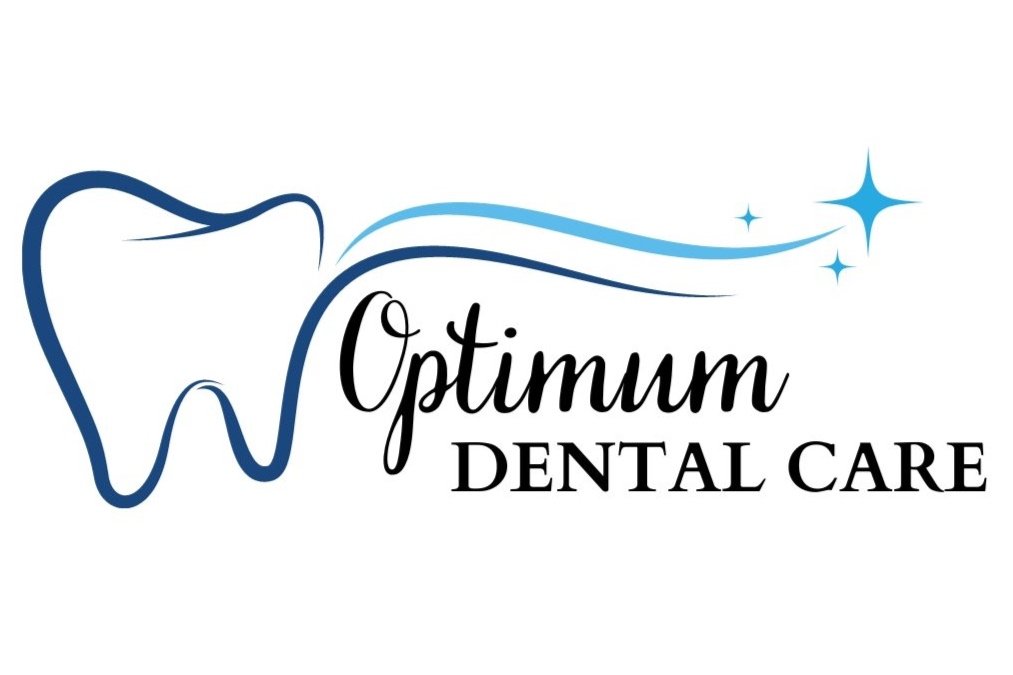TMJ Syndrome
What is TMJ Syndrome?
Answer: Temporomandibular joint syndrome (TMJ) is a painful condition involving the joint that opens and closes the mouth. The temporomandibular joints are small joints in front of each ear that attach the lower jaw ( mandible) to the skull. The disorder may affect the jaw joint or the muscles surrounding it.
Causes
The exact cause of TMJ syndrome is often unclear. Possible causes include
Excess tension in the jaw muscles
Faulty alignment between the upper and lower teeth and jaws
Disturbed movement of the jaw joint
Displaced or abnormal position of the jaw joint or cartilage disc inside the jaw joint
Arthritis or similar inflammatory process in the joint
Excess or limited motion of the joint
Injury of the jaw and face
Risk factors
Factors that increase your chance of getting TMJ syndrome include:
Sex: female more affected than men
Age: 30-50 years old
Clenching or grinding of teeth especially at night while sleeping
Poorly fitting dentures
Fibromyalgia, disease affecting the muscle fibers
Stress
Arthritis
Symptoms
Pain in the temporomandibular joint,and jaw, or face
Pain may be worse with chewing, yawning, or opening the mouth
Clicking, popping, or grating sounds with movement of the jaw
A sensation of the jaw “catching” or “locking “ briefly, while attempting to open or close the mouth, or while chewing
Difficulty opening the mouth completely
A bite that feels “ off ” uncomfortable, or as though it is freguently changing
Swelling in the affected side of the face or mouth
Painful muscle spasm in the area of the temporomandibular joint
Headache
Earache
Neck, back , and/or shoulder pain
Diagnosis
The doctor will ask about your symptoms and medical history, and perform a physical exam. The physical exam may include:
Range of motion tests, mandibular movement
Listening for sounds in the temporomandibular joints
Visual inspection of your teeth, temporomandibular joints, and muscles of your face and head
Palpation of the joints and the muscles of the face and head
Other tests may include:
-X-rays- plain x-rays or panoramic dental x-rays of the jaw joint, they show the teeth.
-Arthrography-jaw movements videotaped with x-rays after dye is injected into the joint
-MRI Scan-a test that uses magnetic waves to create detailed images of the joint
Treatment
Lifestyle Measures- resting the jaw with a soft diet, restricting its movement through smaller bites, and applying warm packs may offer considerable relief. Cognitive behavior therapy can help some patients learn to avoid clenching and grinding their teeth.
Medications
- the most commonly used medicines include
acetaminophen
nonsteroidal anti-inflammatory drugs
Muscle relaxants
Low-dose antidepressants
In some cases, the jaw joint may be injected with pain relieving medicine such as cortisone or lidocaine. When pain or clicking are major symptoms, injections of botulinum toxin (Botox) may offer temporary relief that responds to retreatment.
Physical Therapy - gentle massage or stretching exercises, and transcutaneous electrical nerve stimulation (TENS) may reduce pain and help muscles relax in some patients.
Stress Reduction - counseling to learn stress management and relaxation techniques, including biofeedback and cognitive behavioral therapy may help some patients with TMJ.
Dental Procedures - a splint or mouth guard, usually worn at night, can be made to relax your jaw muscles and prevent clenching and grinding of your teeth. Correction of bite abnormalities by a dentist or orthodontist is sometimes recommended.
Surgical Procedures - surgical correction is a last resort if other treatments have not succeeded and the pain persists. These procedures include arthroscopy, arthrocentesis, removal of the disc, eminectomy and partial /total joint replacement.
Recommendation:
There are no guidelines to prevent TMJ syndrome. This is because, these are so many factors that can precipitate this condition. However early diagnosis and treatment can prevent the condition from becoming worse, conservative therapy such as medication and splint therapy can alleviate many of the milder symptoms. People who grind their teeth should ask their dentist if a night guard would help them. With severe jaw pain when opening wide or eating, try to limit jaw movements and learn to relax your jaw, muscle relaxants prescribed by your dentist may help. For stress induce TMJ conditions learn relaxation techniques and effective ways to cope with stress.
TMJ syndrome is still a poorly understood condition and different practitioners treat it differently. The important thing is not the treatment, but that the condition improves and the patient can live pain free. Severe TMJ syndrome can be very debilitating and many patients have multiple major surgeries in order to relieve the pain, therefore early diagnosis is the key.
